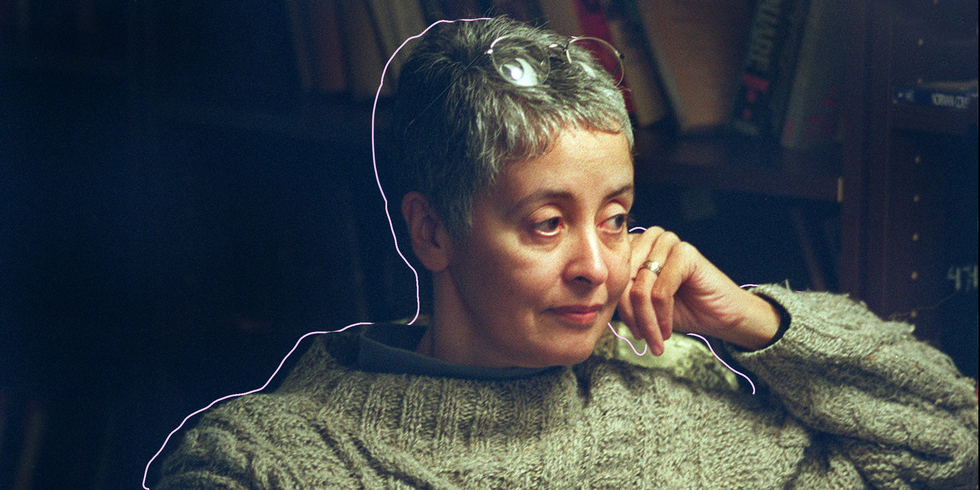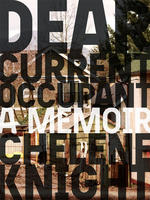In the Wake of His Damage
The Rumpus
2018-05-12
Shreerekha
New York, New York

Rumpus original art by Aubrey Nolan
All the sleeping women
Are now awake and moving.
– Yosano Akiko (1911)
For all women who already know this narrative;
For all women touched by the Great Writers, named, unnamed, and some listed as letters;
For all who commune in the trauma and healing promised herein;
For all who believe in the power of radical transgressive border-crossing love;
For my Happiness, and my son and my daughter, so that you may walk differently;
For the ex with whom love remains the last transgression —
The Autobiographical
The year after I started teaching in Texas, his novel came out. Ten years after the event of our relationship, ten tortured years where we continued to communicate, a sort of communication that involved him reaching out, letting me know I made all the wrong decisions in my life, and then, asking for forgiveness and another chance, I thought I should teach his novel in my classes. The novel itself was important, won the Pulitzer, and by teaching it enough times, I thought it would do the trick. The classroom is sacral: all that goes through it turns magical and I would emerge whole. I would finally be rid of my ghost-love and I could sanitize our past through the distance offered by teaching and making a monument of his work for my students. Somehow, that plan failed.
What I do is teach, write, and think on, most often, feminist texts and theories. Such a pedagogy has not just carried me through the classrooms over the decades, but become a mooring post in life. It offers me a vision and a strategy, a way to love radically, think fearlessly, and keep renewing, as I can, the bridges between projects of feminism and social justice. Gloria Anzaldua’s vision, a vision that has carried many a woman through a dark day, has been valuable in thinking through the rubble of this event in my life. In Borderlands, Anzaldua offers a prophetic amalgam that helps women identify the productive potential of the mestiza way, the middle spaces she calls the nepantla. For women of the many elsewheres, women who continually travel and cross borders, Anzaldua’s psychic restlessness gives a fist bump of legitimacy, an anchor in the cultural collisions many of us remain mired in. Rather than a counter stance, she speaks of developing a position that is inclusive, inaugurating for us the amasamiento, a creature of both light and darkness.
I identify in a category not formalized or accepted in colonial census charts or western ways of understanding the other, as a black South Asian. I am an Indian who lays claim to the global community of black consciousness, and I reside between so many worlds of belonging and unbelonging. In racializing colorism and politicizing my own experience of antipathy witnessed toward the color of my skin, I crafted my own passport into marooned and shapeshifting black communities that gave credence to ontologies and a posteriori narratives over normative constructions of race, ethnicities, and nationalities…
Read the entire article here.









/cdn.vox-cdn.com/uploads/chorus_image/image/59725481/lead_art_megan_markle.0.jpg)